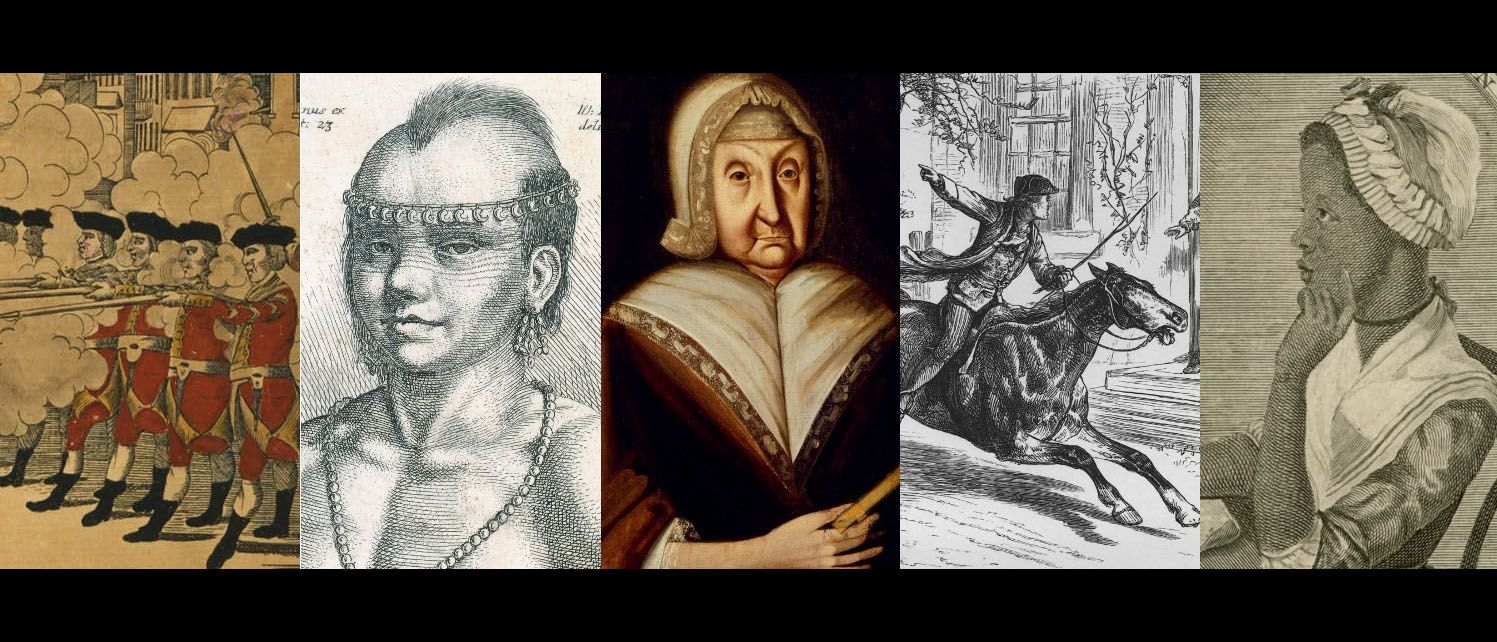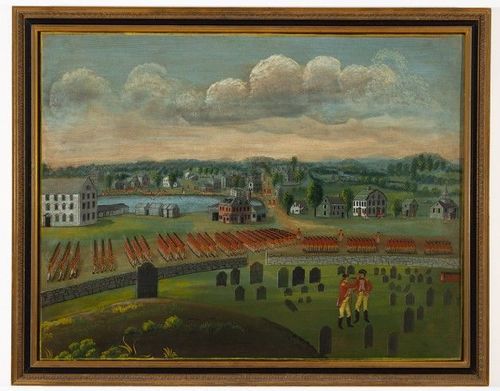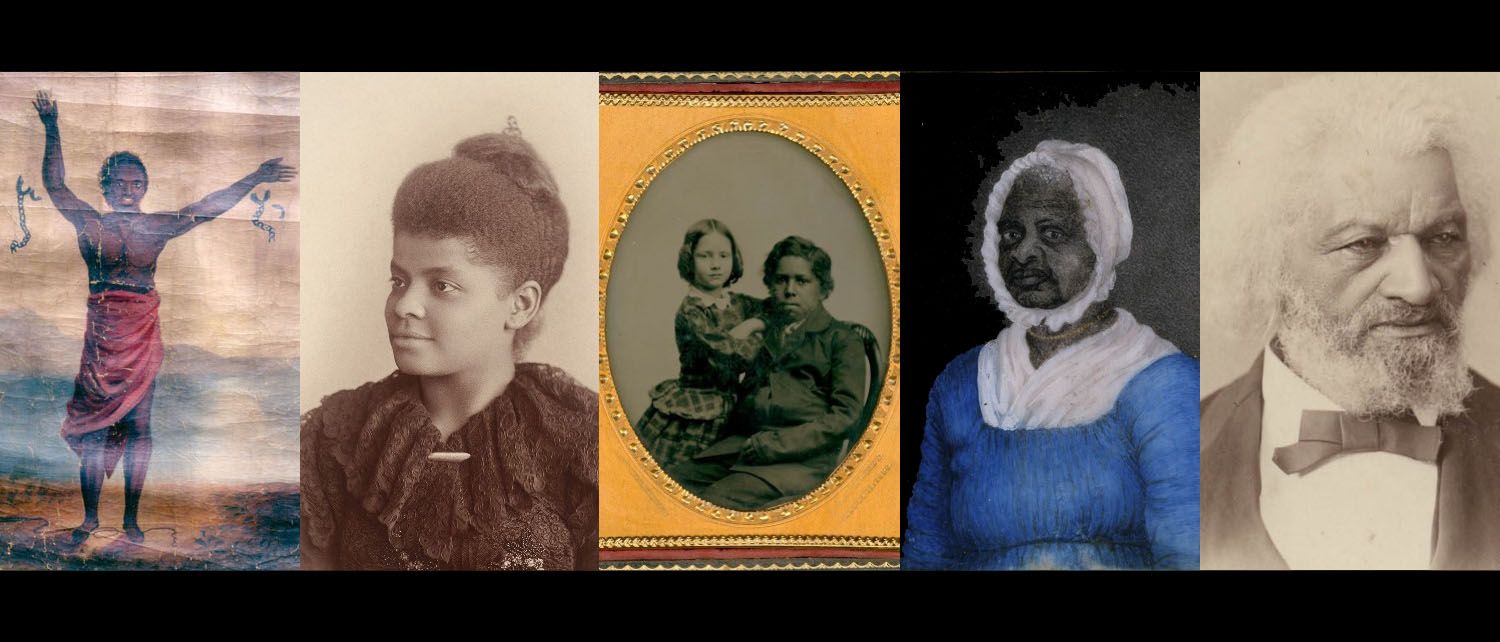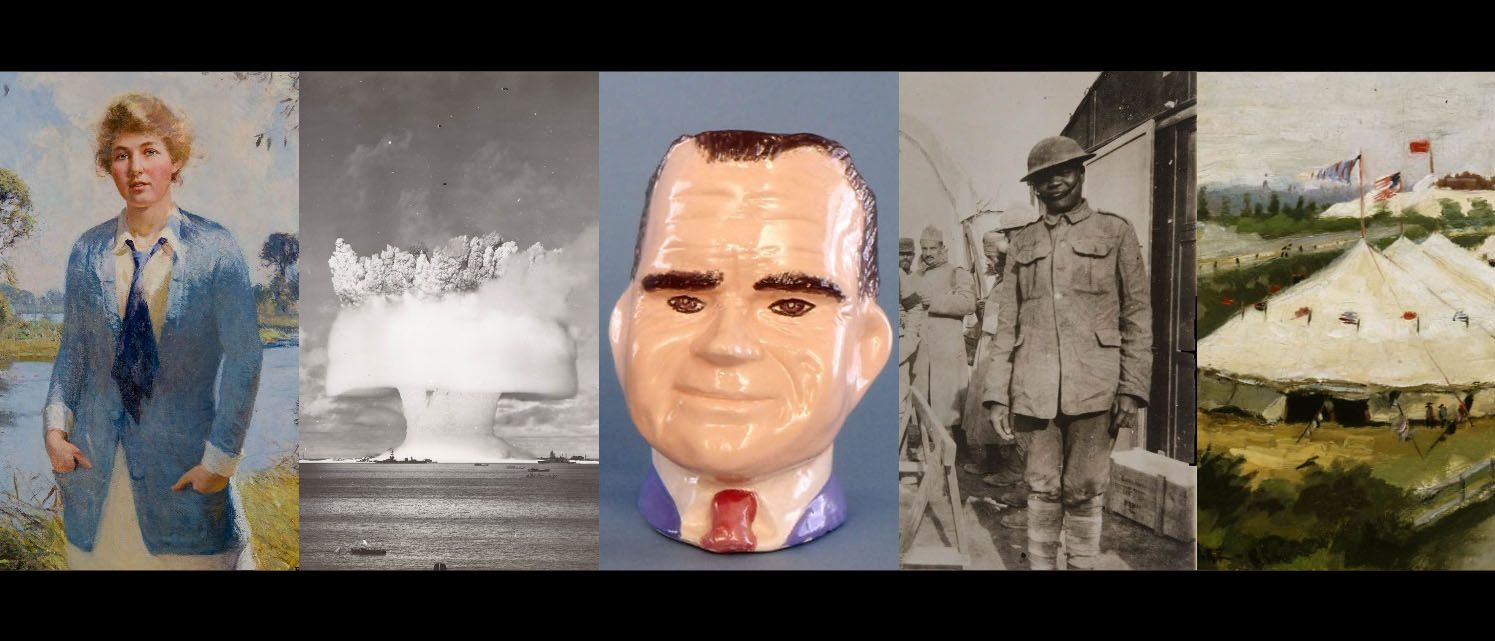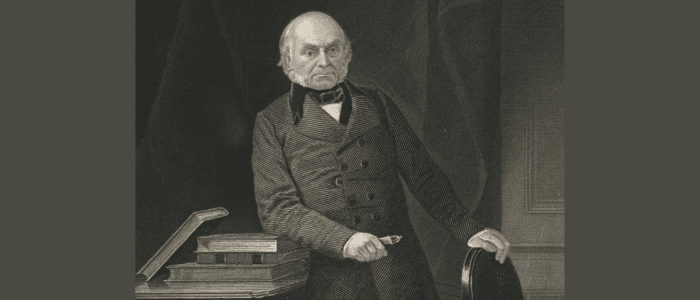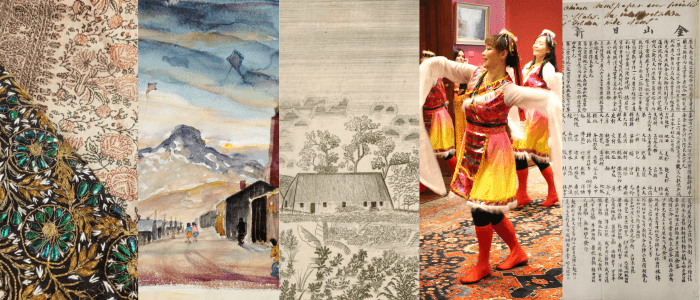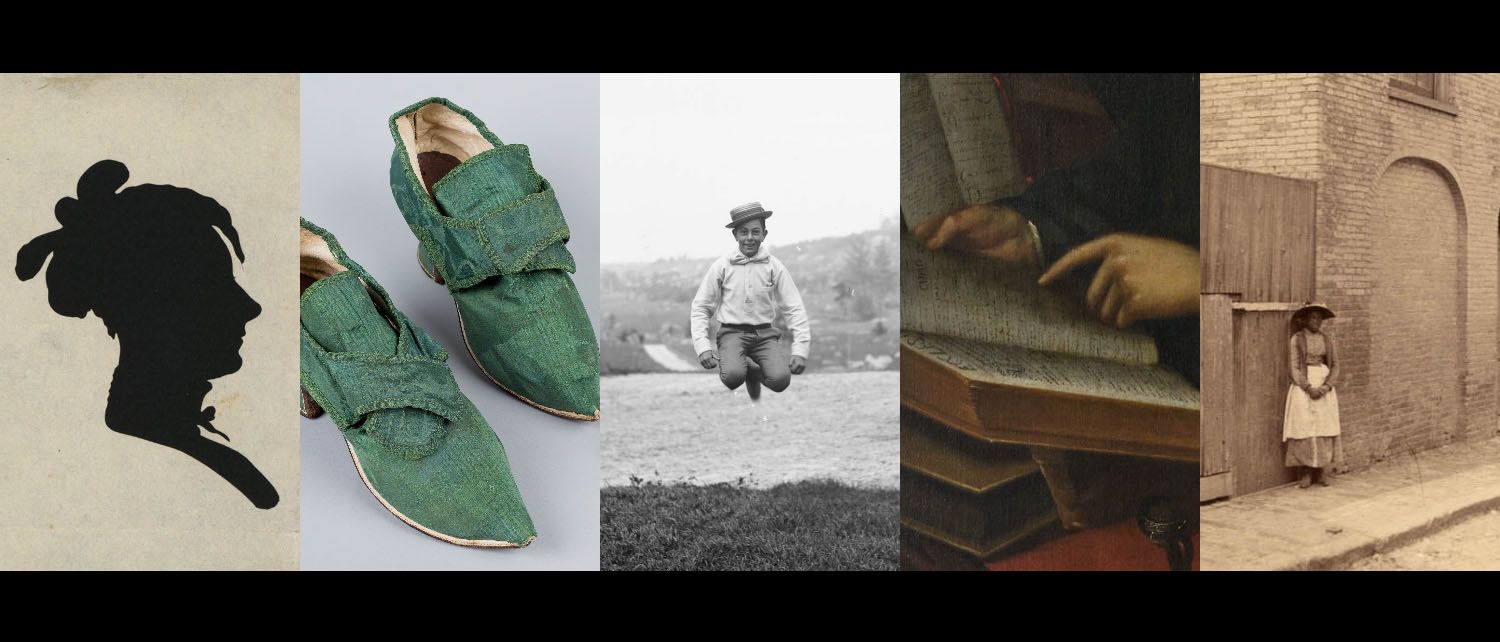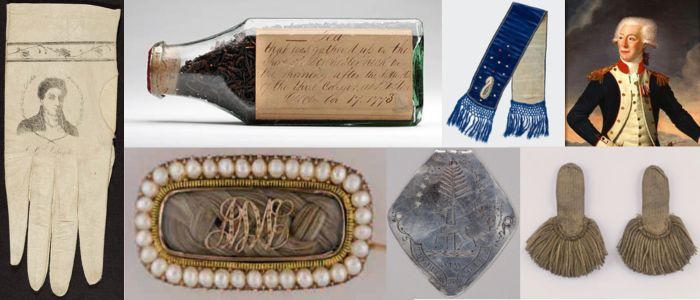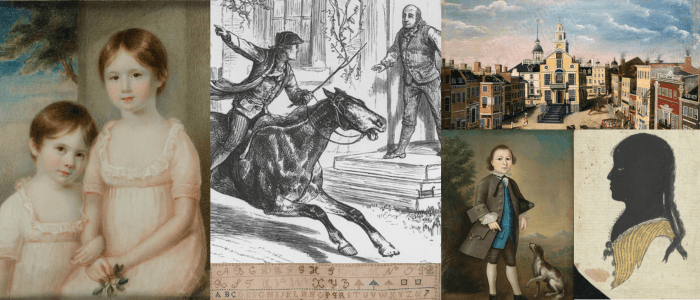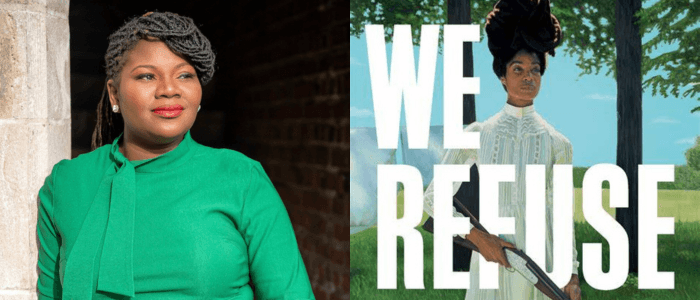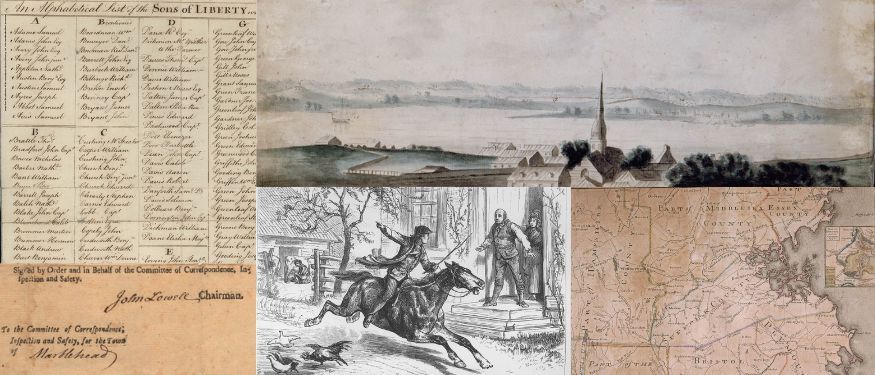Event

Modernism Series: Program Two - Culture of Modernism
Thursday, February 11, 2016 6:00 PM - 7:30 PM EST
At MHS
Alexandra Lange, Author; Jane Thompson, Thompson Design Group; and Michael Kubo, Collective–LOK
This program will be held at the Concord Museum
This program will be held at the Concord Museum
While the Boston region was home to a number of large modernist projects, it was also an area that brought the zeitgeist of the movement to stores and museums. Kitchen utensils, fabrics, and furniture brought modern interiors to the average consumer and exhibitions and the cultural spaces made modernism part of the cutting edge scene.
This program is part of a four part series on Modernism. MHS is pleased to be working with our nonprofit partners, the Concord Museum and DoCoMoMo-New England, on this series.
There will be a pre-talk reception at 5:30pm
